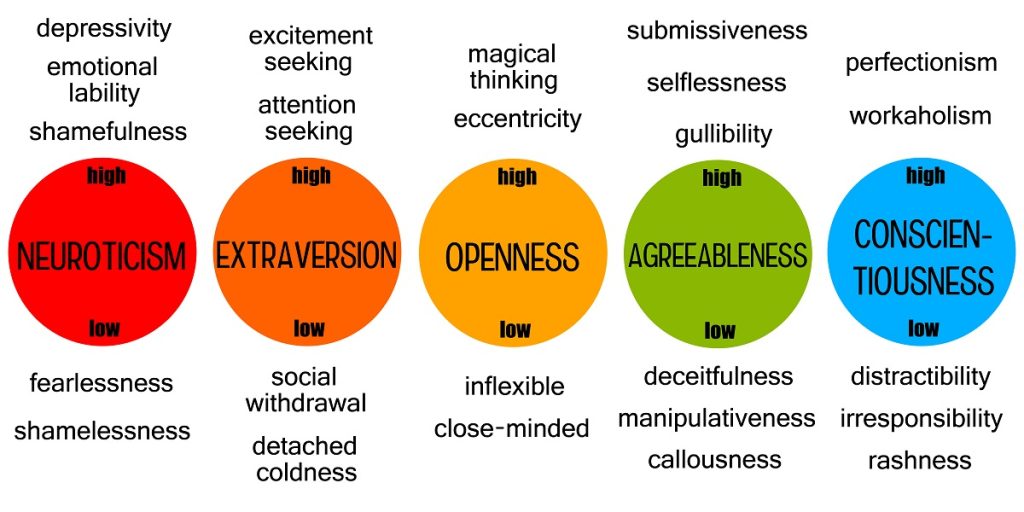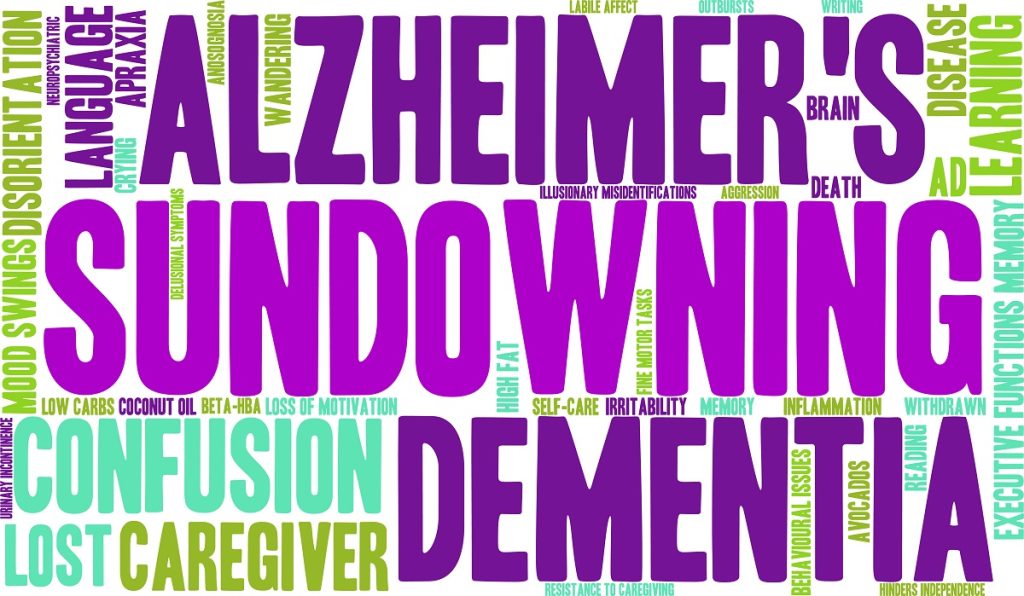Personality changes may be an early sign of dementia and may precede memory and thinking problems of dementia. The changes are more pronounced in those with fronto-temporal dementias who may show more drastic and sudden personality changes.
People with Alzheimer’s disease or other types of dementia experience cognitive impairment and personality changes. Understanding these changes is essential to any caregiver. It helps them deal with dementia-affected people better, subsequently improving their quality of life.
Can Dementia Cause Personality Change?
Personality changes are one of the most common symptoms of dementia.
Apart from the physical and chemical changes in the patient’s brain, one’s fear and frustration about how their disease affects their everyday life can cause them to show unusual or aggressive behaviors.
They may be disappointed and sad that they’re losing their ability to think, recall, and perform activities of daily living. They may also fear losing their sense of self and death itself.
As cited by the National Institute on Aging (NIA), behavioral symptoms can also result from a change in their physical and mental health or an effect of some medications.
What Stage Of Dementia Is Personality Changes?
Personality and behavioral changes are often early signs of dementia — even preceding a clinical diagnosis of dementia.
In many cases, people already exhibit changes in their personality before cognitive impairment symptoms like memory loss show up.
The Alzheimer’s Association noted that patients who are in the early stages of Alzheimer’s experience “increased irritability, anxiety, and depression.” These changes usually prompt family members to seek medical attention for their affected loved one.

What Type Of Personality Gets Dementia?
In neurosciences, experts often mention the Big Five personality traits: agreeableness, openness, extraversion or extroversion, conscientiousness, and neuroticism. Among these, the last two could be linked to dementia.
Having a high level of neuroticism (one’s tendency to gravitate toward “unsettling emotions”) is one of the risk factors for developing amyloid plaques and tau proteins in the brain, which is linked to dementia.
On the other hand, conscientiousness (or being goal- and detail-oriented) reduces the likelihood of developing these chemicals.
Apart from neuroticism, impulsivity is another common personality trait linked with dementia. Meanwhile, those who show “vigor, calmness, and maturity” are less likely to have it.
What Are Common Personality Changes?
In health care, these are the most common changes in personality that you can expect from someone with dementia.

Apathy Or Lack Of Initiative
More than 60% showed diminished initiative in a study involving patients with Alzheimer’s. Dementia patients tend to avoid social engagements. At some point, they will also start to care less about their usual activities or life in general.
Loss Of Interest In Hobbies
One of the most painful things dementia care providers face is seeing patients lose interest in doing things they used to enjoy or love.

Physical Aggressiveness
People living with dementia also become more aggressive as their disease progresses. They may hit others and lash out; often, they direct their anger at their caregivers. This behavior is usually a result of them being scared, in pain, or having unmet needs.
Agitation And Confusion
Because of their frustration over losing essential cognitive skills, they may also feel more agitated. Their brain disorder can also cause them to be more confused and unable to orient themselves properly, even in familiar settings.
Sundowning, in particular, is a syndrome marked by mood swings and confusion that happen later in the day.

Emotional Distress
Emotional distress is one of the most common symptoms of dementia. Patients experience increased anxiety and depression due to the different changes in the brain and body. Isolation and loss of independence can also lead to heightened emotional distress.
Paranoia And Delusions
Psychiatry-related changes are also common among people with dementia. Disorders like Alzheimer’s can make patients see, hear, or believe things that don’t exist and aren’t real.
Sexual Misdemeanor And Losing Inhibitions
Though unintentional, they may also exhibit inappropriate sexual behavior, especially in those with middle and late-stage dementia. They also tend to act offensively, such as making rude comments or touching themselves.
Are Personality Changes More Likely With Certain Dementias?
Dementia refers to a group of brain disorders characterized by cognitive decline.
While Alzheimer’s is the most common, disorders that fall under this umbrella term include vascular, frontotemporal, and Lewy Body dementia. Other conditions, when they progress, can also cause patients to develop dementia — including Parkinson’s disease.
About 95% of people with dementia exhibit personality changes. However, certain dementias are more likely to cause these changes.
Frontotemporal dementia, which affects the frontal lobes of the brain, can affect one’s ability to stay motivated and focused and control impulses. It causes the patient to act more passively and insensitively. They may also become obsessive and excessively eat or drink.
People with dementia with Lewy bodies are more prone to experiencing visual hallucinations. Meanwhile, vascular dementia patients show specific symptoms like mood changes and more emotional tendencies.
Why Does Behavior Change?
Alzheimer’s and other dementias result from changes in the brain chemistry and the death of brain cells or neurons. When it affects a particular part of the brain, it can cause specific changes in the patient.
For example, if the area affected is the temporal lobe — or the seat of memory — it can cause memory lapses. Language and communication impairment can be traced to damage in the parietal lobe, which is responsible for language.
As the frontal lobe is responsible for thinking and behavior, damage to this portion can lead to behavioral changes.

How can Caregivers Cope With Changes In Personality?
As a dementia-affected person’s condition progresses, they may display even more extreme changes. Here’s how to deal with them.
1. Educate Yourself
Any caregiver must be familiar with the various symptoms of dementia — including changes in personality and behavior — and with ways to cope with them. Apart from reading up on online resources, join a support group to learn from others’ real-life experiences.
2. Consult A Dementia Specialist
Try not to miss any appointments with the patient’s dementia doctor. The patient will likely exhibit more changes from the initial diagnosis to the succeeding follow-up check-ups. A specialist will devise a customized care plan that you need to follow.
3. Check If The Patient Has Unmet Needs
Often, personality and behavioral changes are a result of unmet needs — whether they’re physical, social, or emotional. Check in on the patient and observe them thoroughly.
Are they hungry or thirsty? Do they feel isolated? Are they experiencing pain as a side effect of a medication? Resolving these can help you better manage their symptoms.
4. Know How To Address Challenging Behaviors
In dementia care, caregivers (both at home and facility caregivers) must learn vital techniques for addressing challenging behaviors. These include remaining calm, distracting, and redirecting.

5. Show And Tell Them That You Care About Them
Using verbal and body language, let the patient know they are loved and cared for. Be tactful and patient. Accompany them in doing physical, recreational, and cognitive-enhancing activities.
6. Take Care Of Yourself
To properly take care of others — especially older adults with dementia like Alzheimer’s disease — you must also take care of yourself. Tap other family members, friends, and dementia care professionals so you can have time to attend to your own needs.

